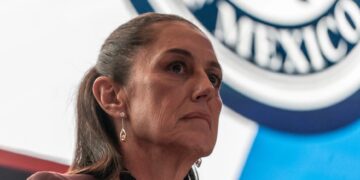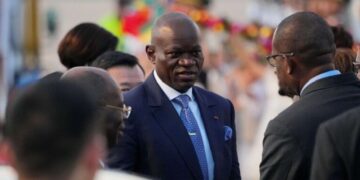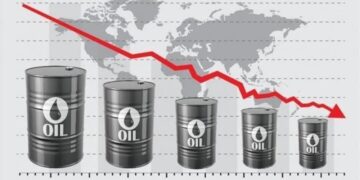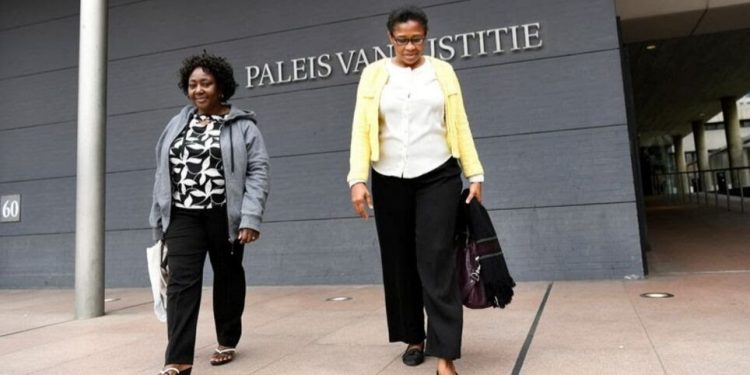By Enyichukwu Enemanna
The widows of four Nigerian activists executed in 1995 have discontinued their appeal against Shell Petroleum Development Company in a Dutch civil court, where they accused the oil giant of complicity in the death of their husbands.
They had demanded a compensation from Shell with an apology, even though Shell had maintained innocence. The latest development therefore ends years of legal tussle for reparation against the company.
The four widows, Esther Kiobel, Victoria Bera, Blessing Eawo and Charity Levula, launched the case in 2017. It was rejected in a final ruling by The Hague District Court in March, following an interim decision in 2019 dismissing parts of their claim.
Popularly known as the “Ogoni 9″, their husbands were among nine activists from the Ogoni tribe, led by writer Ken Saro-Wiwa, who were hanged in 1995 for the alleged murder of four political rivals.
There is a general belief that they targeted because of their involvement in protests against environmental damage by Shell’s Nigerian subsidiary during the then military era.
Lawyer Channa Samkalden confirmed the end of the case in a statement on Tuesday.
“This has been a lengthy and demanding procedure, which makes them relive horrible events, while the outcome is most uncertain,” Samkalden said, adding that the women have never received any form of compensation or other support.
“While two of them found refuge in the U.S. and Canada, two others are still in Nigeria in very poor conditions. Rather than focusing on the appeal, initiatives are now being developed aimed at providing these women with some basic financial assistance,” the statement added.
Shell has always denied the allegations of complicity in the execution of the activists.
The company said that the end of the civil case “does not in any way diminish the tragic nature of the events of 1995. These events shocked us deeply. The Shell Group, alongside other organizations and individuals, appealed for clemency to the military government in power in Nigeria at that time, but to our deep regret those appeals went unheard.”
Shell discovered and started exploiting Nigeria’s vast oil reserves in the late 1950s and has faced heavy criticism from activists and local communities over spills which has led to environmental degradation.
The Dutch case was not the first time relatives of Ogoni activists had taken Shell to court.
In 2009, Royal Dutch Shell agreed to a $15.5 million settlement to end a lawsuit in the U.S. District Court in New York alleging that the oil giant was complicit in the nine executions.
Shell said it agreed to settle the lawsuit in hopes of aiding the “process of reconciliation.” But the company insists on no wrongdoing.



































